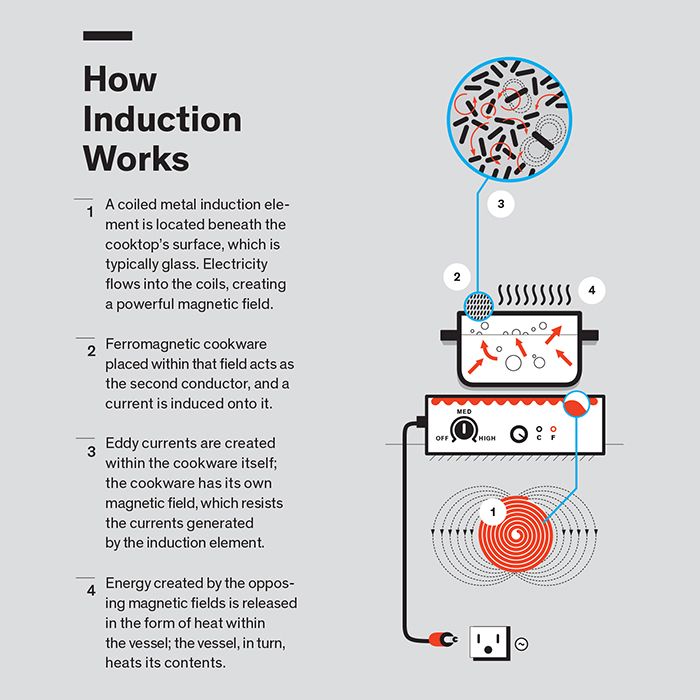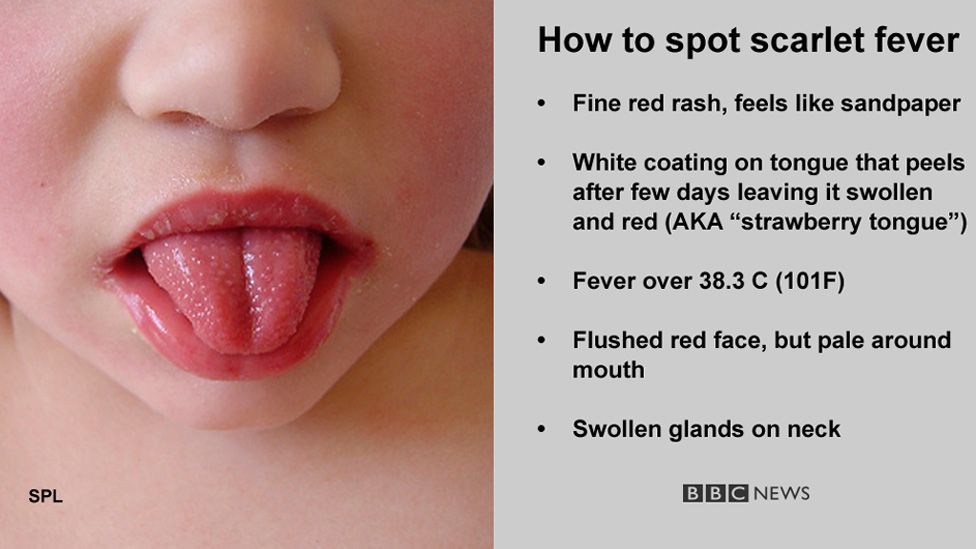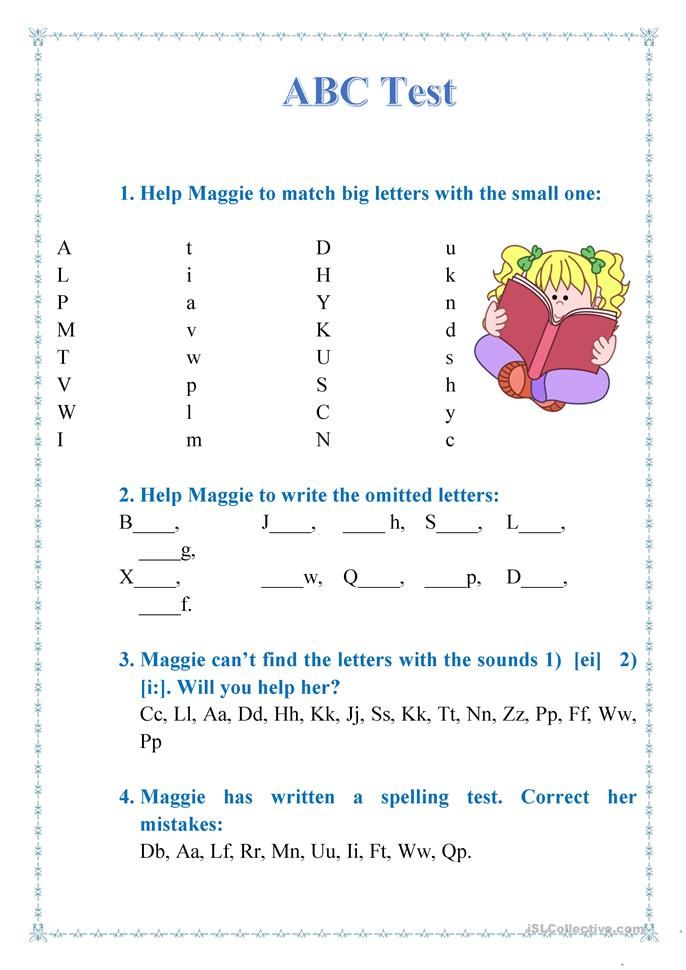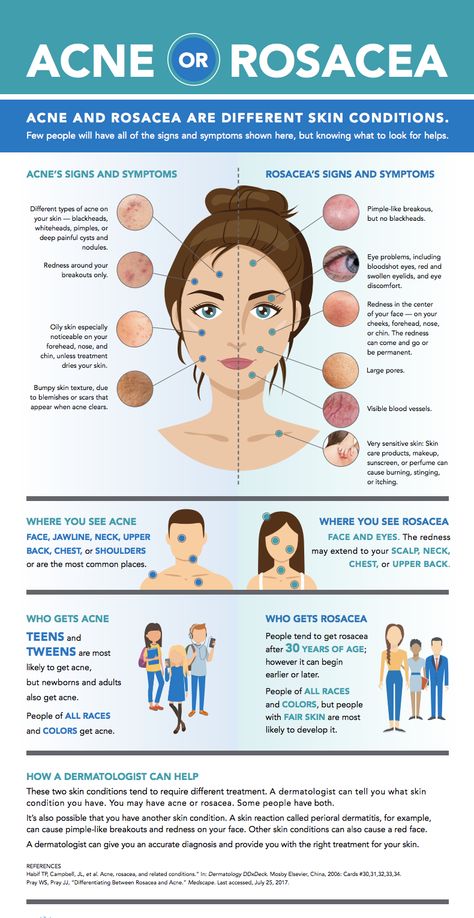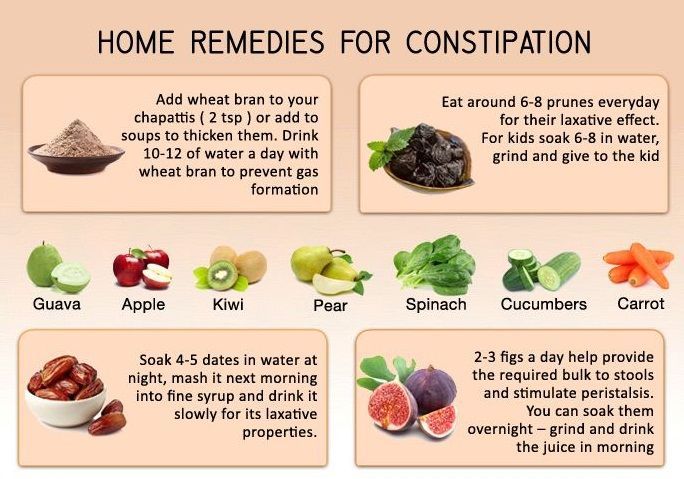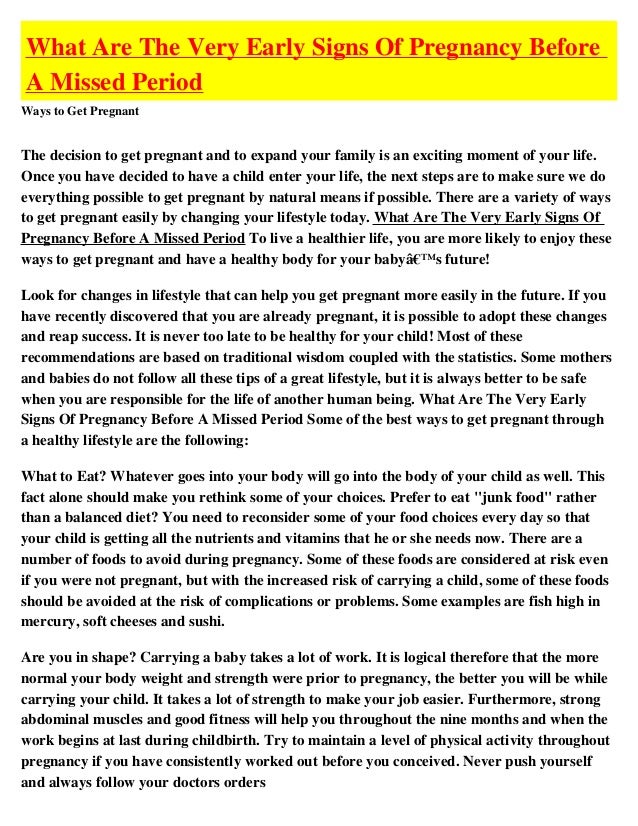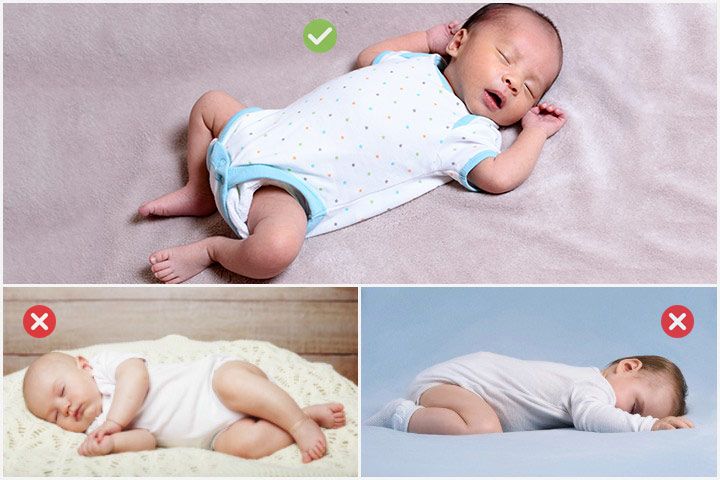Extreme heartburn in pregnancy
Indigestion and heartburn in pregnancy
Indigestion, also called heartburn or acid reflux, is common in pregnancy. It can be caused by hormonal changes and the growing baby pressing against your stomach.
You can help ease indigestion and heartburn by making changes to your diet and lifestyle, and there are medicines that are safe to take in pregnancy.
Symptoms of indigestion and heartburn
Symptoms of indigestion and heartburn include:
- a burning sensation or pain in the chest
- feeling full, heavy or bloated
- burping or belching
- feeling or being sick
- bringing up food
Symptoms usually come on soon after eating or drinking, but there can sometimes be a delay between eating and developing indigestion.
You can get symptoms at any point during your pregnancy, but they are more common from 27 weeks onwards.
Things you can do to help with indigestion and heartburn
Changes to your diet and lifestyle may be enough to control your symptoms, particularly if they are mild.
Eat healthily
You're more likely to get indigestion if you're very full.
If you're pregnant, it may be tempting to eat more than you would normally, but this may not be good for you or your baby.
Find out more about a healthy diet in pregnancy and foods to avoid.
Change your eating and drinking habits
You may be able to control your indigestion with changes to your eating habits.
It can help to eat small meals often, rather than larger meals 3 times a day, and to not eat within 3 hours of going to bed at night.
Cutting down on drinks containing caffeine, and foods that are rich, spicy or fatty, can also ease symptoms.
Keep upright
Sit up straight when you eat. This will take the pressure off your stomach. Propping your head and shoulders up when you go to bed can stop stomach acid coming up while you sleep.
Stop smoking
Smoking when pregnant can cause indigestion, and can seriously affect the health of you and your unborn baby.
When you smoke, the chemicals you inhale can contribute to your indigestion. These chemicals can cause the ring of muscle at the lower end of your gullet to relax, which allows stomach acid to come back up more easily. This is known as acid reflux.
Smoking also increases the risk of:
- your baby being born prematurely (before week 37 of your pregnancy)
- your baby being born with a low birthweight
- sudden infant death syndrome (SIDS), or "cot death"
There's lots of help available to stop smoking. Talk to your midwife or call the NHS Smokefree helpline on 0300 123 1044. Find out more about stopping smoking in pregnancy.
Talk to your midwife or call the NHS Smokefree helpline on 0300 123 1044. Find out more about stopping smoking in pregnancy.
Avoid alcohol
Drinking alcohol can cause indigestion. During pregnancy, it can also lead to long-term harm to the baby. It's safest to not drink alcohol at all in pregnancy.
Find out more about alcohol and pregnancy
When to get medical help
See your midwife or GP if you need help managing your symptoms or if changes to your diet and lifestyle do not work. They may recommend medicine to ease your symptoms.
You should also see your midwife or GP if you have any of the following:
- difficulty eating or keeping food down
- weight loss
- stomach pains
Your midwife or GP may ask about your symptoms and examine you by pressing gently on different areas of your chest and stomach to see whether it's painful.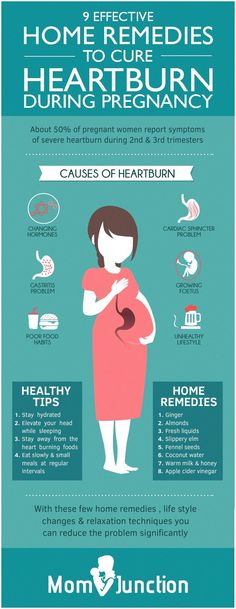
If you're taking prescription medicines
Speak to your GP if you're taking medicine for another condition, such as antidepressants, and you think it may be making your indigestion worse. They may be able to prescribe an alternative medicine.
Never stop taking a prescribed medicine unless you're advised to do so by your GP or another qualified healthcare professional who's responsible for your care.
Medicines for indigestion and heartburn
Medicines for indigestion and heartburn during pregnancy include:
- antacids – to neutralise the acid in your stomach (some are available over the counter from a pharmacist)
- alginates – to relieve indigestion caused by acid reflux by stopping the acid in your stomach coming back up your gullet
You may only need to take antacids and alginates when you start getting symptoms.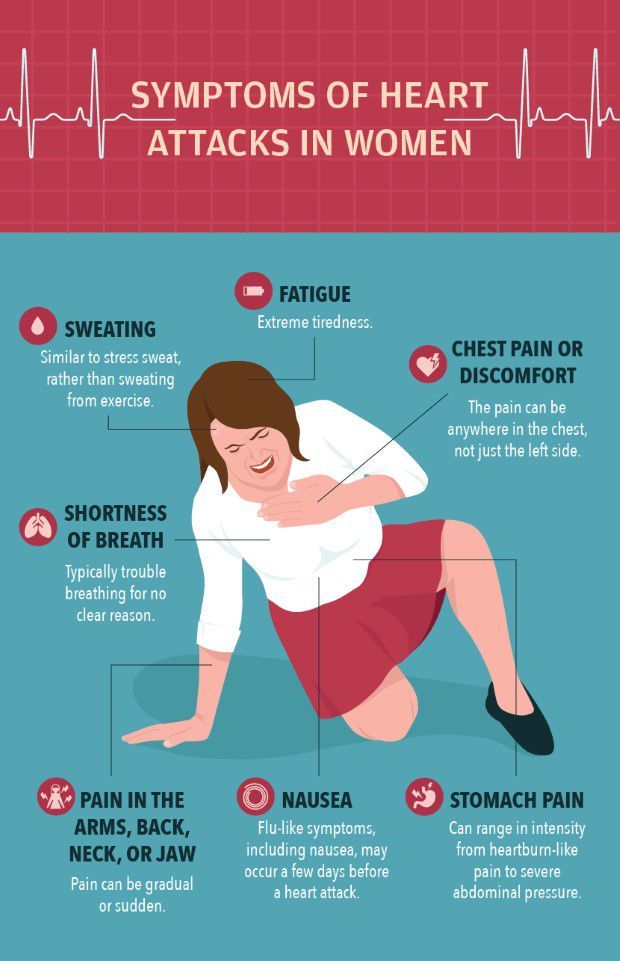 However, your GP may recommend taking them before symptoms come on – for example, before a meal or before bed.
However, your GP may recommend taking them before symptoms come on – for example, before a meal or before bed.
If you're taking iron supplements as well as antacids, do not take them at the same time. Antacids can stop iron from being absorbed by your body.
If antacids and alginates do not improve your symptoms, your GP may prescribe a medicine to reduce the amount of acid in your stomach. 2 that are widely used in pregnancy and not known to be harmful to an unborn baby are:
- ranitidine – a tablet you take twice a day
- omeprazole – a tablet you take once a day
Causes of indigestion in pregnancy
Symptoms of indigestion come when the acid in your stomach irritates your stomach lining or your gullet. This causes pain and a burning feeling.
When you're pregnant, you're more likely to have indigestion because of:
- hormonal changes
- the growing baby pressing on your stomach
- the muscles between your stomach and gullet relaxing, allowing stomach acid to come back up
You may be more likely to get indigestion in pregnancy if:
- you had indigestion before you were pregnant
- you've been pregnant before
- you're in the later stages of pregnancy
Video: Eating well on a budget
In this video, a dietitian gives advice on how to eat healthily on a budget.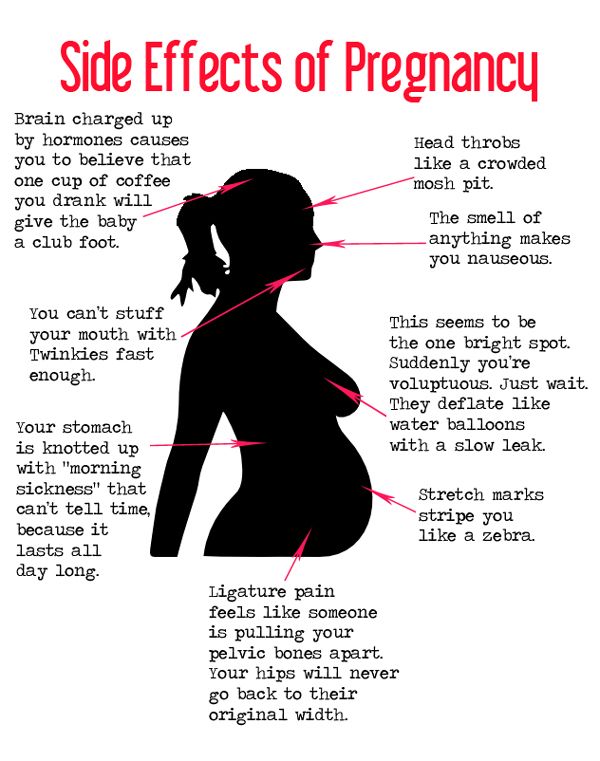
Media last reviewed: 13 January 2021
Media review due: 13 January 2024
Gastroesophageal Reflux Disease (GERD) and Heartburn During Pregnancy
Written by WebMD Editorial Contributors
Medically Reviewed by Nivin Todd, MD on August 26, 2022
In this Article
- Symptoms of Heartburn During Pregnancy
- Causes of Heartburn During Pregnancy
- Prevention of Heartburn During Pregnancy
- Treatment of Heartburn During Pregnancy
- Heartburn Medication to Avoid During Pregnancy
More than half of pregnant women get serious heartburn, particularly during their second and third trimesters. Heartburn, also called acid indigestion, is an irritation or burning sensation of the esophagus (the tube that carries food and liquid to your stomach when you swallow). It’s caused by stomach contents that reflux (come back up).
Symptoms of Heartburn During Pregnancy
If you have heartburn while you’re pregnant, you may:
- Feel burning or pain in your chest or throat, especially after you eat
- Have sensations of fullness, heaviness, or bloating
- Burp or belch
- Have a sour or bitter taste in your mouth
- Cough or have sore throat
Causes of Heartburn During Pregnancy
Heartburn in pregnancy may happen because of changing hormone levels, which can affect the muscles of the digestive tract.
Pregnancy hormones can cause your lower esophageal sphincter (the muscular valve between the stomach and esophagus) to relax, allowing stomach acids to flow back up into your esophagus. Also, as your baby grows, your enlarged uterus can crowd the abdomen, pushing stomach acids upward. Although it's rare, gallstones can also cause heartburn during pregnancy.
Prevention of Heartburn During Pregnancy
Some tips that may help you cut down on heartburn during your pregnancy include:
- Eat several small meals each day instead of three large ones.
- Eat slowly.
- Avoid fried, spicy, or rich (fatty) foods or any foods that seem to cause relaxation of the lower esophageal sphincter and increase the risk of heartburn.
- Don’t smoke tobacco or drink alcohol, which can make heartburn symptoms worse.
- Drink less while eating. Drinking large amounts while eating may increase the risk of acid reflux and heartburn.
- Don't lie down directly after eating.
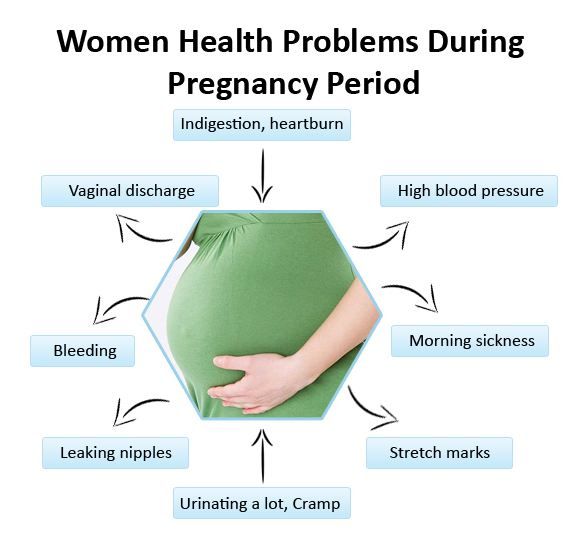
- Keep the head of your bed higher than the foot of your bed. Or place pillows under your shoulders to help prevent stomach acids from rising into your esophagus.
- Wear loose-fitting clothing. Tight-fitting clothes can increase the pressure on your stomach and abdomen.
- Try to avoid constipation.
Treatment of Heartburn During Pregnancy
If your heartburn won’t go away, see your doctor. They may prescribe or recommend OTC medications that are safe to take during pregnancy. Heartburn usually disappears following childbirth.
Medications may include:
Over-the-counter antacids such as calcium carbonate or magnesium hydroxide. These are generally safe to use during pregnancy. You may find that liquid heartburn relievers are more effective in treating heartburn, because they coat the esophagus.
h3 blockers. These medications block chemical signals that produce stomach acid. They include cimetidine (Tagamet) and famotidine (Pepcid, Zantac 360), and they’re available in over the counter and prescription strengths.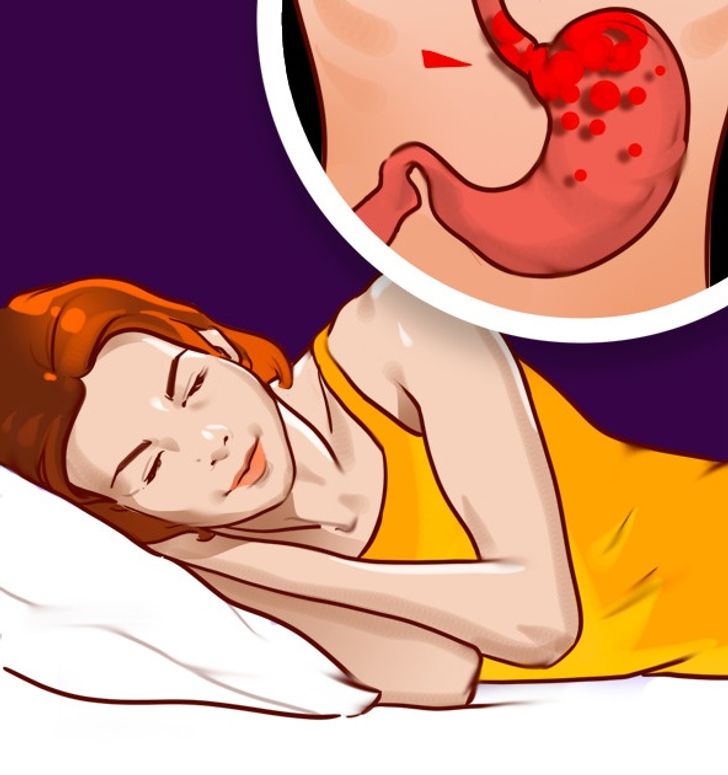
Proton pump inhibitors (PPIs). Like h3 blockers, these drugs help cut down on stomach acid. PPIs, which include lansoprazole (Prevacid) and omeprazole (Prilosec), are available over the counter and by prescription.
If you take iron supplements, talk to your doctor before you take a PPI or h3 blocker. These medications can make the supplements less effective.
Heartburn Medication to Avoid During Pregnancy
Talk to your doctor before taking any antacids. Some contain ingredients that may harm you or your baby. Be sure to not to take these medications:
Ranitidine. In 2020, the FDA stopped sales of an h3 blocker called ranitidine (the ingredient in older Zantac products) because it was contaminated with a cancer-causing agent. If you take OTC ranitidine, stop your use. If you have a prescription for ranitidine, talk to your doctor about other options before you stop your medication.
Heartburn / GERD Guide
- Overview & Facts
- Symptoms & Complications
- Diagnosis & Tests
- Treatment & Care
- Living & Managing
How to get rid of heartburn during pregnancy
Boltovsky Vladimir Anatolievich
Pediatrician, Nephrologist
Children's clinic "Mother and Child" Samara
If, after some time after eating, the expectant mother has a feeling of warmth or burning behind the sternum, then this is heartburn.
Not all antacids can be used during pregnancy. For example, preparations containing bismuth nitrate ( Vikalin , etc.), should not be taken by expectant mothers due to the fact that the effect of bismuth on the development of the child is unknown.
Heartburn usually appears after the 20th week of pregnancy and torments the expectant mother until the birth of the child.
what she looks like
If, after some time after eating, the expectant mother has a feeling of warmth or burning behind the sternum, then this is heartburn. And most often these unpleasant sensations occur in the evening. Heartburn usually appears after the 20th week of pregnancy and torments the expectant mother until the birth of the child. According to popular belief, she worries the expectant mother when the baby's hair grows. In fact, heartburn occurs due to the fact that the acidic contents of the stomach are thrown into the lower esophagus. This happens because during pregnancy, the muscular sphincter, located between the esophagus and stomach, relaxes under the influence of the hormone progesterone.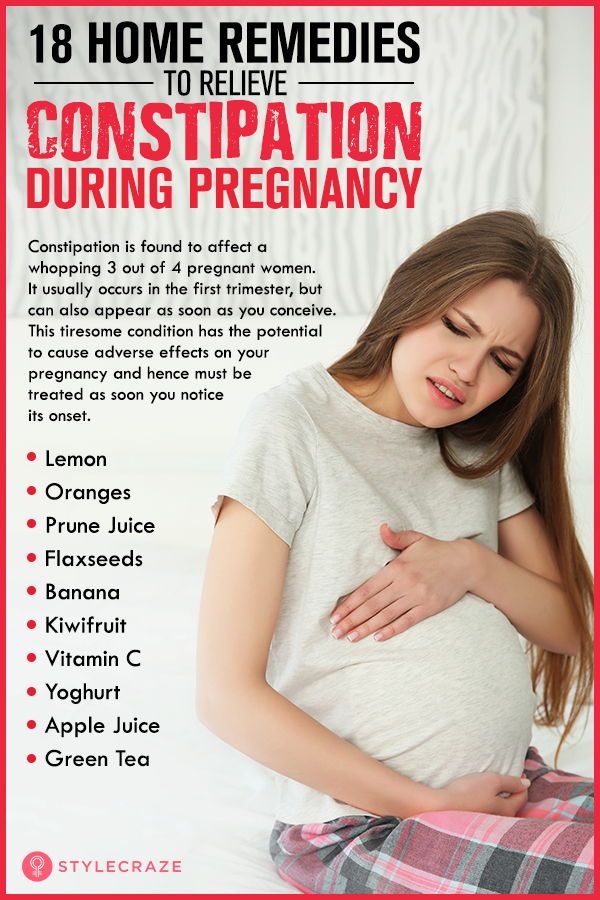 Another cause of heartburn is an enlarged uterus (and it just increases greatly after the 20th week) presses on neighboring organs: the stomach, intestines. As a result, the volume of the stomach decreases and even the usual amount of food leads to its overflow and the reflux of food back into the esophagus. nine0003
Another cause of heartburn is an enlarged uterus (and it just increases greatly after the 20th week) presses on neighboring organs: the stomach, intestines. As a result, the volume of the stomach decreases and even the usual amount of food leads to its overflow and the reflux of food back into the esophagus. nine0003
what will help
If heartburn occurs infrequently and does not bother you much, then in order to reduce its symptoms, you just need to eat right and change your lifestyle. The simplest thing that helps with heartburn:
- Fractional meals: eat often 5-6 times a day at intervals of 1.5-2 hours and in small portions. Eat slowly, chewing your food thoroughly.
- Healthy food: Avoid fatty and fried foods and chocolate. All these products provoke additional relaxation of the esophageal sphincter. nine0030
- Heartburn usually occurs within the first two hours after eating, so do not lie down immediately after eating.
- Sleep with the head of the bed raised by adding another pillow.

simple remedies
The simplest thing that helps with heartburn is some foods. For example, a burning sensation behind the sternum perfectly removes low-fat milk, just a few sips - and heartburn goes away or is significantly reduced. Ice cream works the same way, as well as grapefruit and carrot juices. You can get rid of heartburn by eating nuts (walnuts, hazelnuts, almonds), but they are more likely to prevent heartburn than to eliminate an existing one. And ordinary seeds help someone cope with heartburn. In general, the expectant mother can only choose the right product for herself, but here, as with food in general, one must observe the measure. No need to eat a block of ice cream or a package of seeds every day, drink glasses of juice or endlessly eat nuts. Of course, they will help, but ice cream and nuts are high in fat and calories, and juices in large quantities hit the pancreas and increase sugar levels. A small amount of one of some product will completely cope with an attack of heartburn. nine0003
nine0003
be careful
Some medications, especially antispasmodics (drugs that relieve spasms of the smooth muscles of the internal organs), such as No-shpa , Papaverine , relax the esophageal sphincter and thus contribute to heartburn. Some herbs, such as mint, also work. Tight clothing under the chest (elastic bands, belts), a change in body position (tilts, turns) can also cause heartburn.
In general, every expectant mother can carefully observe herself and identify her personal cause of heartburn, then it will be much easier to deal with it. nine0003
old remedy
Baking soda is often used to treat heartburn. It really helps to relieve the unpleasant burning sensation very quickly, but at the same time it does not last long. In addition, when soda interacts with gastric juice, carbon dioxide is formed, which irritates the stomach - as a result, new portions of hydrochloric acid are produced and heartburn resumes. It turns out that a teaspoon of soda in a glass of water instantly relieves heartburn, but in response to taking soda, the next time the heartburn attack will be even stronger.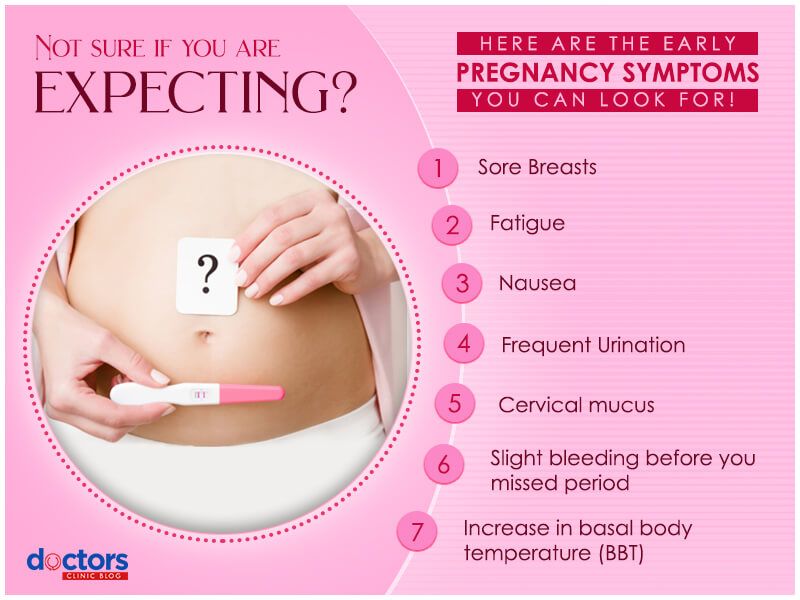 nine0003
nine0003
safe drugs
During pregnancy you can use the so-called antacids (Maalox, Almagel, Rennie, Gaviscon) . They contain salts of magnesium and aluminum, they neutralize the acid of gastric juice, form a protective film on the wall of the stomach, increase the tone of the lower esophageal sphincter. True, sometimes some antacids cause constipation (due to calcium or aluminum salts), and magnesium, on the contrary, has a laxative effect. Therefore, long-term use of these drugs is not worth it. Antacids can absorb other medications, so there should be some time between taking antacids and other medications. nine0003
Despite the fact that heartburn is quite unpleasant for the mother, it does not affect the child in any way. Start the fight against heartburn with proper nutrition, and you may not need medication.
Make an appointment
to the doctor - Boltovsky Vladimir Anatolyevich
Children's Clinic "Mother and Child" Samara
Children's First Aid KitChildren's NephrologyFor ChildrenVaccination CalendarComprehensive examination before kindergartenComprehensive examination before schoolNeprologyPediatricsInformation for childrenUrology
By clicking on the send button, I consent to the processing of personal data
Heartburn during pregnancy - symptoms, causes and methods of treatment of the disease
Contents
- Causes of heartburn during pregnancy
- What to do with heartburn during pregnancy?
- Preparations for heartburn during pregnancy
Heartburn is an unpleasant feeling of burning or warmth behind the breastbone or in the epigastric region.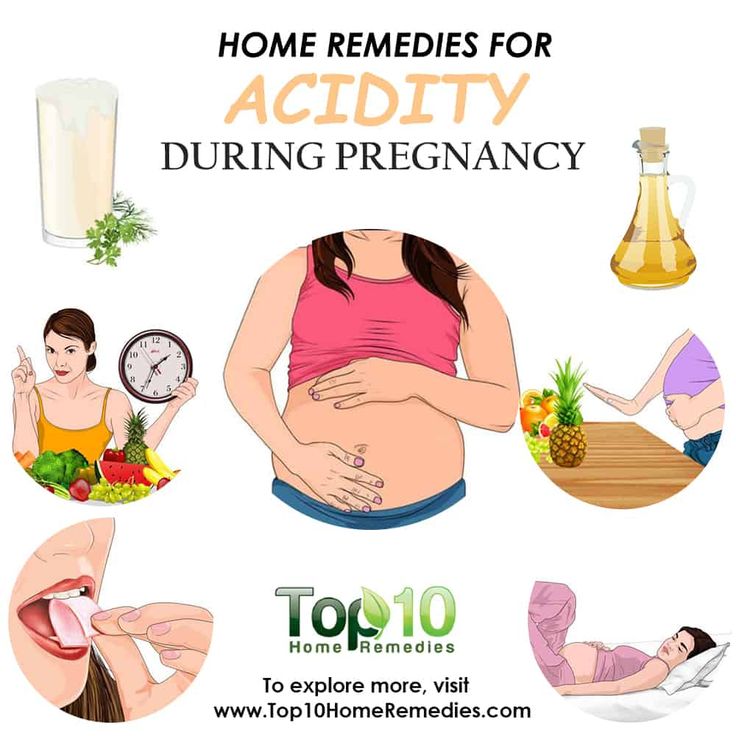 The symptom occurs after eating or on an empty stomach and is associated with food reflux, that is, the reflux of food processed by gastric juice back into the esophagus. Since the mucous membrane of the esophagus is not adapted to the action of gastric juice, it becomes irritated, which is subjectively felt in the form of heartburn. nine0087
The symptom occurs after eating or on an empty stomach and is associated with food reflux, that is, the reflux of food processed by gastric juice back into the esophagus. Since the mucous membrane of the esophagus is not adapted to the action of gastric juice, it becomes irritated, which is subjectively felt in the form of heartburn. nine0087
Heartburn in pregnant women is an independent symptom that appears only during the period of bearing a child against the background of the absence of chronic diseases that cause reflux of gastric juice 1 . According to statistics, 30-50% of pregnant women suffer from heartburn, there is evidence that more than 80% of pregnant women complain of heartburn, especially in the third trimester 4 .
Causes of heartburn during pregnancy
Heartburn in pregnancy is a condition that is caused by the changes that occur to the female body during the period of gestation. All factors that can cause heartburn in women in an interesting position can be divided into physiological (natural) and pathological (disease-related).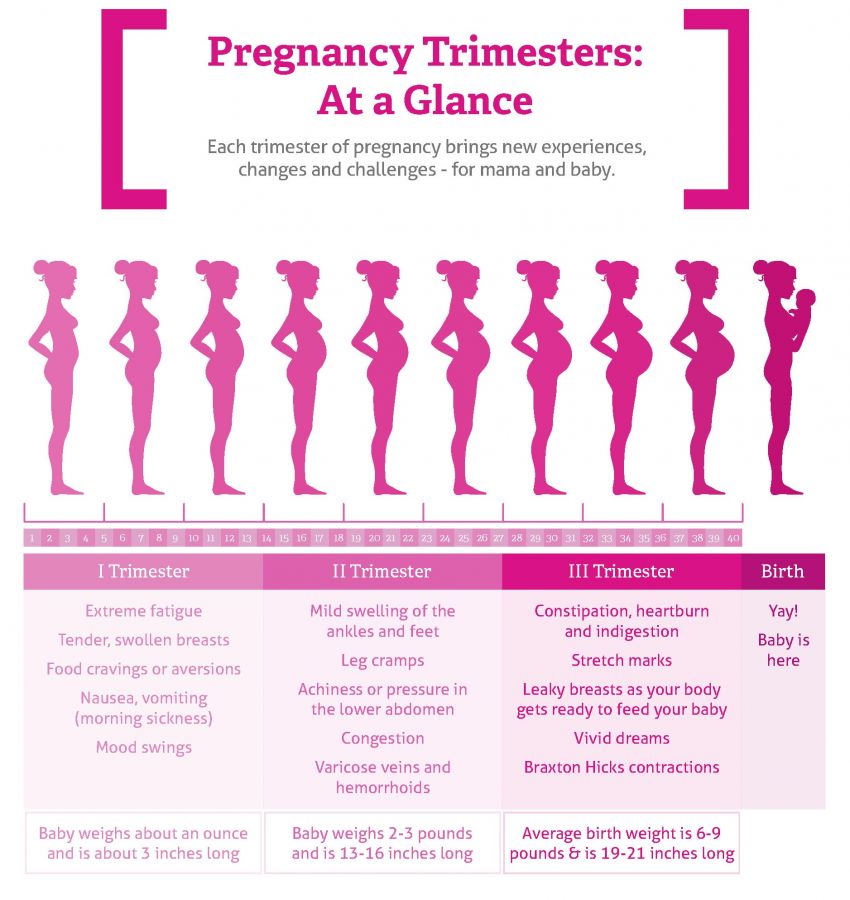 nine0003
nine0003
Physiological heartburn of pregnant women can occur for two reasons:
- Hormonal - associated with a weakening of the tone of the lower esophageal sphincter. This is the name of the circular muscle between the stomach and the esophagus, which regulates the flow of food into the stomach and prevents its movement in the opposite direction. During pregnancy, the level of progesterone in the blood rises, which relaxes the uterine muscle, simultaneously acting on all other muscles of the body, including the esophageal sphincter. As a result, the sphincter does not close after eating, but remains open. Any change in body position or contraction of the stomach causes food reflux 4 . Heartburn also occurs if it is disturbed by the movement of food through the esophagus, for example, if the frequency of "reverse" contractions of the esophagus increases in the direction from the stomach to the esophagus 1 .
- Physical - due to the increase in the size of the uterus, the location of the internal organs changes and intra-abdominal pressure increases, which is transmitted to the wall of the stomach and contributes to reflux 4 .
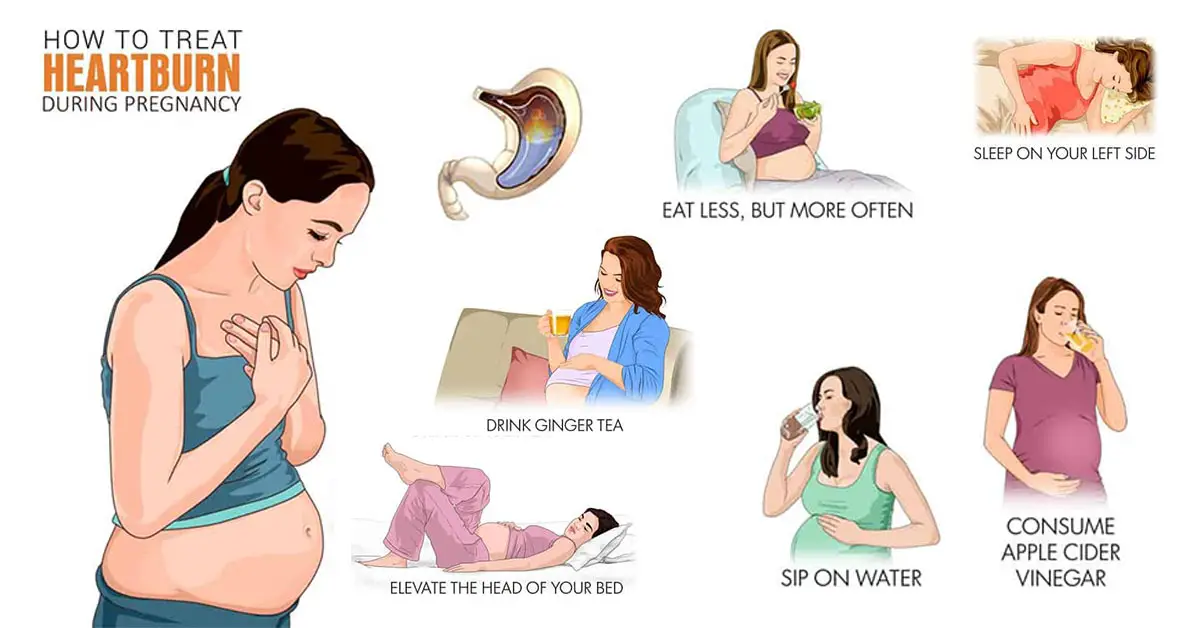
In connection with such changes in the gastrointestinal tract during pregnancy, all pathologies that cause heartburn can worsen. nine0003
Pathological causes of heartburn during pregnancy include the following:
- Gastroesophageal reflux disease (reflux esophagitis) is a pathology of the esophageal sphincter, which occurs more often with diaphragmatic hernia, when the natural curve between the esophagus and stomach disappears, preventing reverse reflux 4 .
- Other diseases of the gastrointestinal tract - gastritis, peptic ulcer of the stomach and duodenum, pancreatitis, diseases of the liver and biliary tract, inflammatory bowel disease 2 . With gastritis and ulcers, the acidity of the stomach increases, and pathologies of other digestive organs cause bloating, constipation, enlargement of the liver, which increases intra-abdominal pressure.
- Taking drugs that relax the lower esophageal sphincter - heart drugs, theophylline, anti-inflammatory drugs, progesterone, antidepressants 4 .
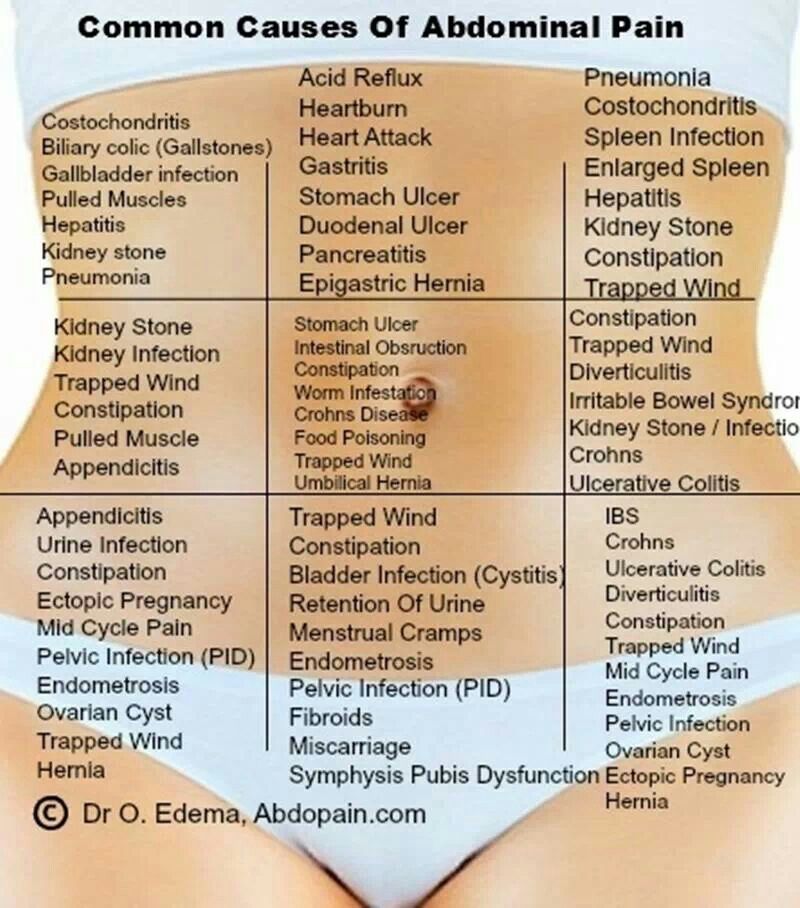
What to do about heartburn during pregnancy?
In the first two hours after eating, hydrochloric acid is produced in the stomach, which is needed for food processing. It is at this time that heartburn is more likely to torment, especially if a woman consumes fatty, fried and spicy foods 7 . Burning behind the sternum can last for several minutes or several hours. Heartburn may recur several times during the day. It is characterized by its strengthening in a horizontal position, with torso tilts, as well as when turning to the other side.
To reduce the severity of heartburn, you first need to adjust the diet and some habits. This helps to reduce the increased acidity of the stomach and prevent the reflux of food back into the esophagus.
Pregnant women should follow the following dietary recommendations 4 :
- Do not eat excessively high-calorie foods.
- Eliminate night snacks and especially overeating.
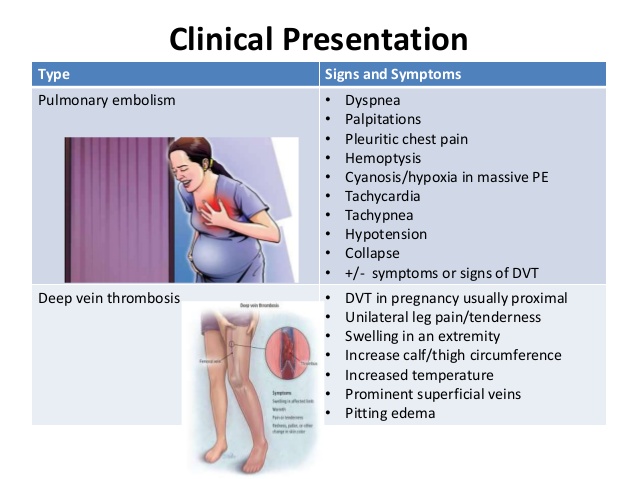
- Eat often and in small portions.
- Do not lie down immediately after eating, do not sleep in a strictly horizontal position, it is necessary to raise the head end of the bed.
- Walk for 30 minutes after eating.
- Eat dinner no later than 3-4 hours before going to bed.
- Do not lift weights, do not make strong and frequent torso bends, do not overstrain the abdominal muscles. nine0030
- Do not wear corsets, bandages, tight belts that increase intra-abdominal pressure.
From the diet for heartburn should be excluded 4 :
- Carbonated drinks (they increase pressure in the stomach and stimulate the formation of hydrochloric acid).
- Cream, whole milk, fatty meats, fatty fish, goose, pork (fatty foods take a long time to digest).
- Chocolate, cakes, pastries, spices (relaxes the lower esophageal sphincter). nine0030
- Citrus fruits, tomatoes, onions, garlic (irritate the mucous membrane of the esophagus).

For heartburn, pregnant women can eat the following foods 6 :
- wheat bread, dry biscuits, dry biscuits;
- baked pies with apples, boiled meat or fish;
- soups of meat, fish, vegetables;
- lean beef, poultry, fish;
- soft-boiled eggs and scrambled eggs; nine0029 sugar, copper, butter cream;
- tea, cocoa, sweet fruit juices, jams, compotes.
Pregnancy heartburn preparations
In 80% of pregnant women, heartburn disappears after childbirth, but severe heartburn during pregnancy, especially if it lasts for several weeks, may persist after the birth of a child 4 .
Often, proper nutrition and adherence to lifestyle recommendations do not always help get rid of heartburn. If heartburn is caused by any disease, adequate treatment of the underlying pathology with medications helps to eliminate unpleasant symptoms. nine0003
The use of folk and non-traditional ways to eliminate heartburn during pregnancy is also not effective enough and even potentially dangerous.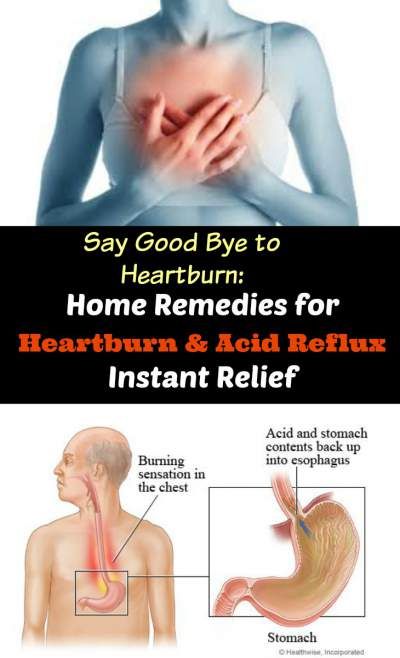 Many of the herbs used during pregnancy can harm both the woman and her unborn baby 4 .
Many of the herbs used during pregnancy can harm both the woman and her unborn baby 4 .
Therefore, it is advisable to discuss the choice of a drug with a doctor who will help you choose the right remedy for heartburn during pregnancy, paying attention from the standpoint of safety for the fetus and potential impact on the course of pregnancy 4
The results of epidemiological studies of Omez ® 10 mg in the treatment of heartburn in pregnant women show no clinically significant adverse effects on pregnancy and the health of the fetus or newborn 5 .
Omez ® 10 mg is dispensed without a doctor's prescription, but you can take it yourself without specialist advice for no longer than 14 days 5 .
THERE ARE CONTRAINDICATIONS, READ THE INSTRUCTIONS FOR MEDICAL USE OR CONSULT A DOCTOR. nine0003
References:
- Vyuchnova E.S., Yurenev G.

